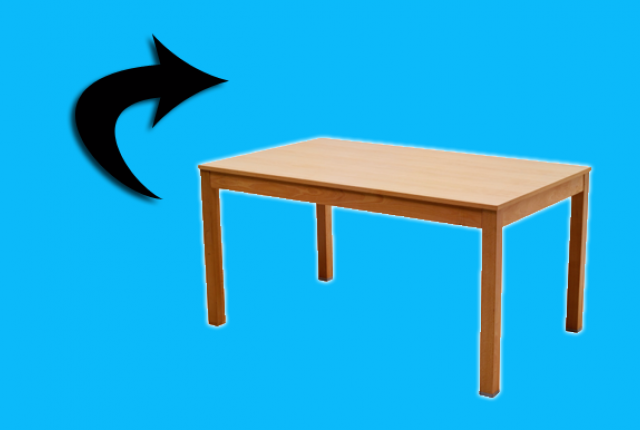“Turn The Tables” Origin – Where Does the Phrase come from?
Turning the tables on someone means that you’re coming up from behind to overtake them in some way; where you were in a precarious position, you suddenly have the upper hand. It’s a great phrase, and it works for political campaigns, sporting events, and for shoving it in your opponent’s face during a rousing game of chess. So where does it come from? Actually, it comes from board games, though not exactly chess.

“Turn The Tables” Origin
There is a genre of board games known as “tables” which includes backgammon, Yahtzee, and some similar games – a “tables” game can refer to any game that uses a board and dice as the chief elements. If you were on the losing end of such a game, you would need to figuratively “turn” the game to your favor, thus leading people to say they were going to “turn the tables.” Most board games won’t actually benefit from the board being literally turned; for example, in backgammon, you aren’t allowed to literally turn the board. Instead, “turn the tables” is a tidy and fun way to describe a comeback – you can imagine players wanting to flip the game so that you and your opponent switch places or positions, giving you the lead and them the disadvantage.
Another interesting variation of the phrase “turn the tables” comes from the classic art of hosting dinner parties – the use of the phrase is now fairly defunct, but it’s interesting nonetheless. Old world dinner party etiquette required the host to constantly ensure their guests’ comfort, and that included making sure that no one was left out from the conversation. To ensure this, it was common practice for the host to begin a chain of conversation: sitting at the head of the table, he or she would turn to his or her left or right and begin a discussion with that person. The next person in the line would also turn to the person next to them in the same direction, and so on and so forth around the whole table. At one point, the host would “turn the table” and begin talking to the person on their opposite side, and the guest would follow suit.
